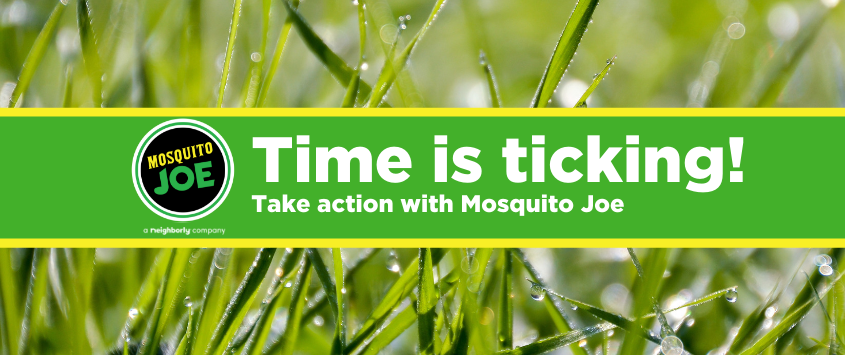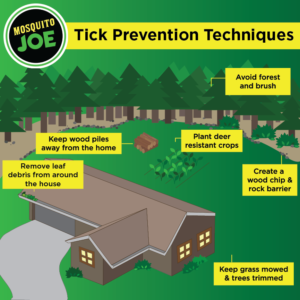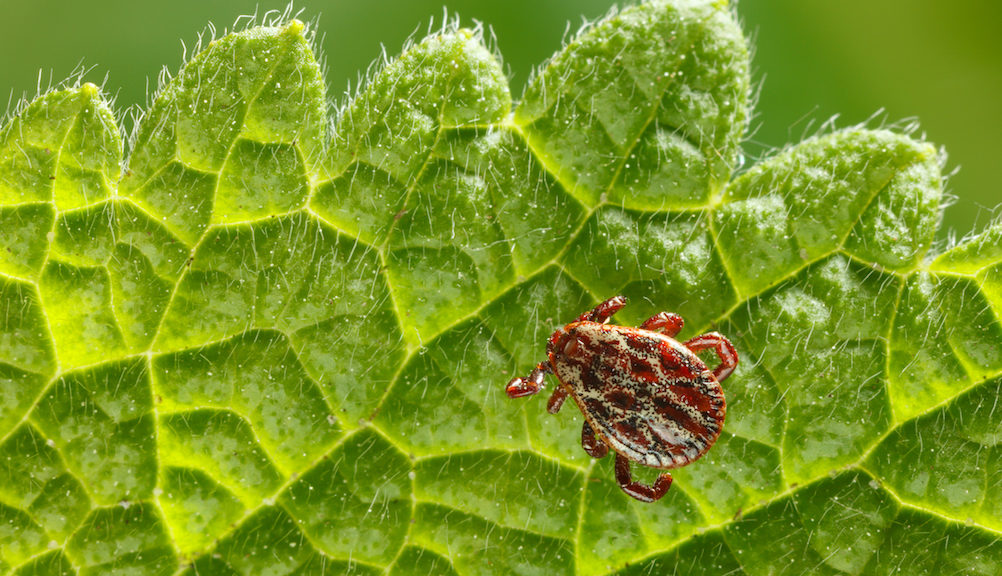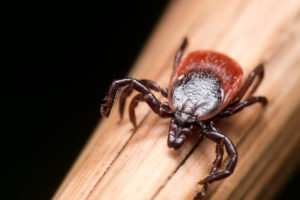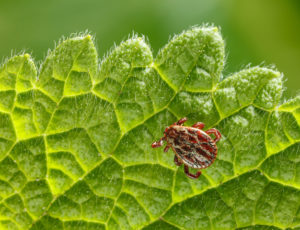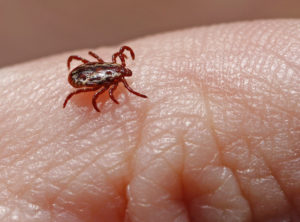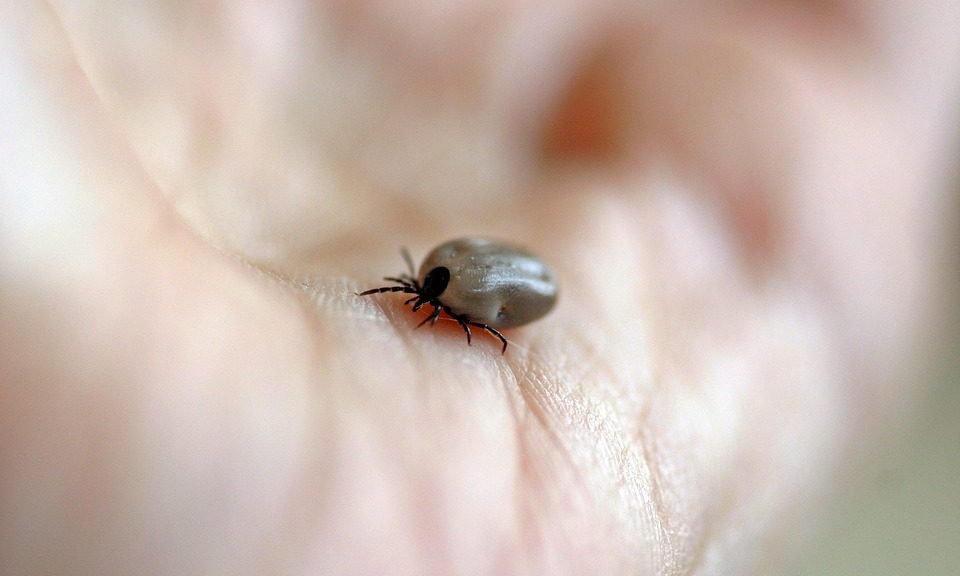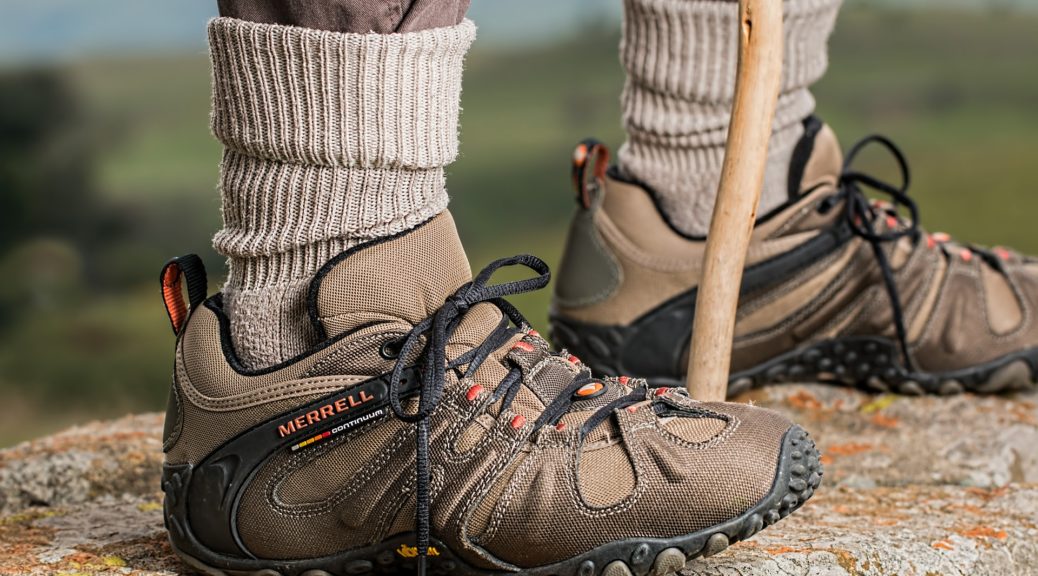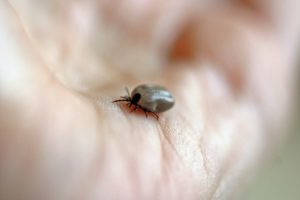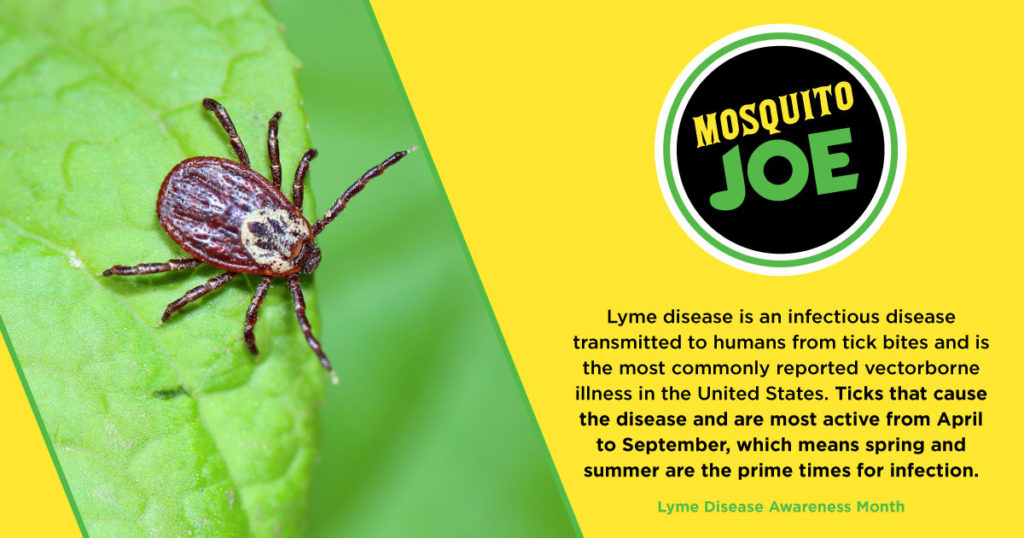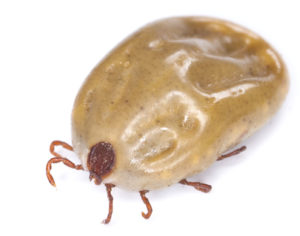Time is ticking!
Spring is here and it’s time to spray
We’ve finally reached the spring, which means we can enjoy the great outdoors without snow suits and mittens! Due to a mild, wet winter, research shows that the tick population will be at an all-time high this season. That’s why it’s important to contact Mosquito Joe of Wayne to get on the schedule to protect you and your family.
Let’s talk ticks
Mosquito Joe not only rids your yard of pesky mosquitoes, but we take care of ticks, too! Did you know that ticks live in tall grass and shrubs and are unable to jump or fly? Some species can follow a host by foot until they can climb aboard! Generally, tick season begins when temperatures reach and continuously stay at 50 degrees and above. Adult ticks are capable of staying active in winter and latching onto a host as early as March.
Ticks can carry the pathogens for ten human diseases and spread illnesses such as Lyme disease, Rocky Mountain spotted fever, and Anaplasmosis. These diseases are major health concerns, reinforcing the need to prevent tick bites. Symptoms of tick-borne illnesses include chills, headache and muscle aches. Ticks are among the most efficient carriers of disease because they attach firmly, feed slowly and may go unnoticed for a considerable amount of time.
During the winter months, ticks normally don’t survive because of the cold, dry weather. However, with a mild winter and excessive rainfall in New Jersey, the number of ticks capable of transmitting disease significantly increased. With the tick season starting earlier than normal, it is important to get ahead by getting your yard treated today!
 Tips on avoiding a tick bite
Tips on avoiding a tick bite
To help protect your family, use these prevention methods to reduce the risk of a tick bite:
- Keep grass short and underbrush thinned at your home.
- Move wood piles away from the home.
- Wear light-colored clothes to help you spot ticks easily.
- Check your body for ticks and shower within two hours of being outdoors.
- If you find a tick, carefully remove it with fine-pointed tweezers. Grasp it by the mouth parts closest to the skin and pull it steadily outward. Do not use petroleum jelly or hot objects to remove a tick.
- The sooner the tick is removed, the less likely it is to transmit disease.
Call Mosquito Joe of Wayne to be your second line of defense for these intruders.
Don’t be ticked off this summer
Let Mosquito Joe be another line of defense against tick-borne illnesses by applying a barrier treatment to your property. A trained technician will treat your yard with an effective solution that eliminates mosquitoes, ticks and fleas for 21 days. As an alternative to our longer-lasting synthetic treatment, our all-natural solution repels mosquitoes immediately. This less-adhesive yet effective option requires treatment on a 14-day cycle.
Still on the fence?
Give Mosquito Joe of Wayne a call at 973-435-0747 or request a quote at wayne.mosquitojoe.com. We are dedicated to making outside fun again for you and your family. With our MoJo Satisfaction Guarantee, we do not require contracts and our job is not done until you are happy!

 Outside is fun again.
Outside is fun again.
